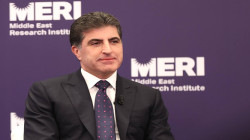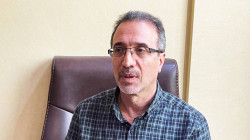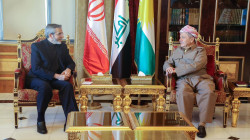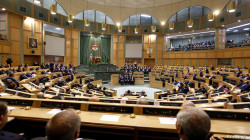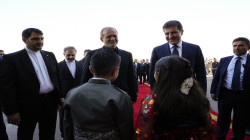Nechirvan Barzani: A Catalyst for Diplomatic Progress and Political Unity in Kurdistan and Iraq
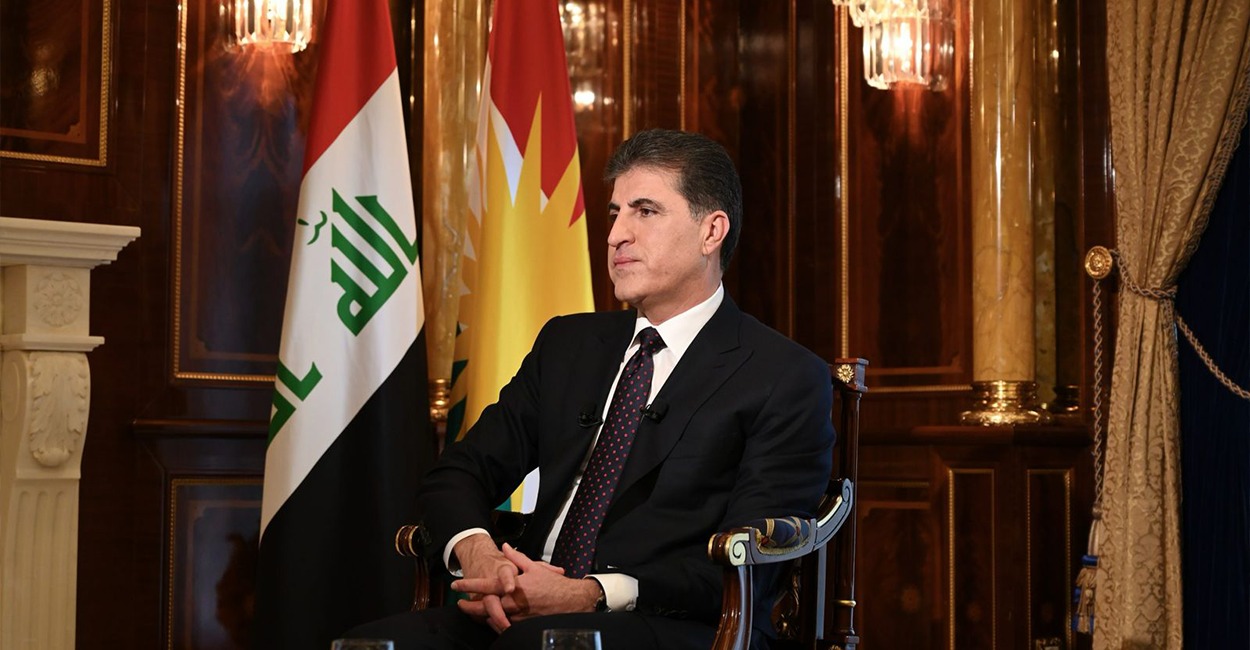
Shafaq News/ The political landscape of the Kurdistan Region and its relationship with Iraq have undergone significant transformations in recent years, partly attributed to the diplomatic acumen and leadership of Nechirvan Barzani, the President of the Kurdistan Region. This essay examines Barzani's multifaceted approach to governance and diplomacy, focusing on his efforts to rebuild trust with Baghdad, foster regional stability, unify Kurdish political voices, and navigate the challenges that lie ahead. Through a critical analysis of his strategies and achievements, this study aims to elucidate the impact of Barzani's presidency on both domestic and international affairs.
Rebuilding Trust with Baghdad: A Paradigm Shift in Erbil-Baghdad Relations
Nechirvan Barzani's tenure has been marked by a concerted effort to redefine the relationship between Erbil and Baghdad. Initially met with skepticism, Barzani's diplomatic initiatives have yielded substantial progress in restructuring this critical relationship. Central to his approach is the emphasis on Kurdistan's integral role within Iraq, advocating for a new agreement that ensures the fulfillment of constitutional obligations while guaranteeing Kurdistan's meaningful participation in national governance.
Barzani's diplomatic viewpoint, characterized by a search for common ground and mutual benefit, has been instrumental in breaking the political impasse that has long hindered Iraqi politics. By framing Kurdistan's interests within the broader context of Iraqi prosperity, Barzani has successfully opened new avenues for cooperation. This approach not only addresses longstanding issues such as oil and energy disputes but also positions Kurdistan as a constructive partner in Iraq's political and economic development.
The success of these initiatives underscores the efficacy of Barzani's diplomatic strategy, which prioritizes dialogue and compromise over confrontation. This paradigm shift in Erbil-Baghdad relations has the potential to serve as a model for resolving inter-regional disputes within federal systems, offering valuable insights for similar contexts globally.
Fostering Regional Stability: Kurdistan as a Stabilizing Force
The diplomatic endeavors of the Kurdistan Region Presidentextend beyond Iraq's borders, positioning Kurdistan as a significant player in regional politics. His concept of "common security in Iraq and Kurdistan in exchange for common prosperity" reflects a sophisticated understanding of the interconnected nature of regional stability and economic development. By framing Baghdad as Kurdistan’s "strategic depth," Barzani has elevated the region's significance in Middle Eastern geopolitics.
This strategic positioning has transformed Kurdistan from a potential source of regional instability to a stabilizing force. Barzani's ability to balance Kurdish interests with those of neighboring states demonstrates a nuanced approach to regional diplomacy. This balancing act has not only enhanced Kurdistan's security but has also contributed to broader regional stability.
The implications of this diplomatic strategy are far-reaching. By fostering positive relations with regional powers while maintaining Kurdistan's autonomy, Barzani has created a model of sub-national diplomacy that could be applicable in other complex geopolitical environments. This approach has the potential to redefine how autonomous regions interact with national governments and neighboring states, offering a blueprint for peaceful coexistence and mutual benefit.
Unifying Kurdish Political Voices: A Strategy for Inclusive Governance
On the domestic front, Nechirvan Barzani has consistently worked towards fostering unity among Kurdistan's diverse political parties. His approach to governance rejects the notion of single-party dominance, instead advocating for inclusive participation from all Kurdish political entities. This strategy is rooted in the belief that effective governance requires diverse perspectives and broad-based support.
Barzani's emphasis on inclusive governance is particularly noteworthy given the complex political landscape of Kurdistan. By creating platforms where all political voices can be heard, he has mitigated potential sources of internal conflict and strengthened the democratic foundations of the region. This approach not only enhances political stability but also improves the quality of governance by ensuring that policies are informed by a wide range of perspectives.
The rejection of authoritarianism in favor of inclusive governance reflects a sophisticated understanding of the long-term requirements for political stability and economic development. By fostering a political environment where diverse opinions are valued, Barzani has laid the groundwork for sustainable democratic institutions in Kurdistan.
Challenges and Future Prospects: Navigating Complexities in a Dynamic Region
While Nechirvan Barzani's diplomatic and political achievements are significant, the Kurdistan Region continues to face substantial challenges. Economic difficulties, persistent internal and external threats, and the complex dynamics of Iraqi politics all pose ongoing challenges to the agreements and understandings reached thus far.
However, Barzani's approach of seeking common ground and emphasizing shared interests provides a robust framework for addressing these challenges. His warning against marginalizing any party in government formation, whether in Baghdad or Erbil, demonstrates a keen understanding of the delicate balance required in Iraqi and Kurdish politics. This insight is crucial for maintaining stability and fostering continued cooperation.
As Kurdistan navigates its relationship with Baghdad and its role in the broader region, Barzani's diplomatic skills and inclusive political viewpoint will remain central to the Region's stability and prosperity. The challenges ahead will test the resilience of the diplomatic and political structures he has helped to build, but they also offer opportunities for further strengthening these relationships.
In conclusion, Nechirvan Barzani's tenure has been characterized by significant diplomatic achievements and a commitment to inclusive governance. His approach to rebuilding trust with Baghdad, fostering regional stability, and unifying Kurdish political voices represents a comprehensive strategy for addressing the complex challenges facing Kurdistan and Iraq.
The success of Barzani's diplomatic initiatives offers valuable insights into conflict resolution and regional cooperation in complex geopolitical environments. His emphasis on inclusive governance provides a model for building stable democratic institutions in diverse societies. As Kurdistan continues to navigate its internal and external relationships, the principles and strategies employed by Barzani will likely remain crucial to the Kurdistan Region’s stability and prosperity.
By Jawad Qadir
Jawad Qadir is a fellow at the Institute for Research and Development-Kurdistan(IRDK)
